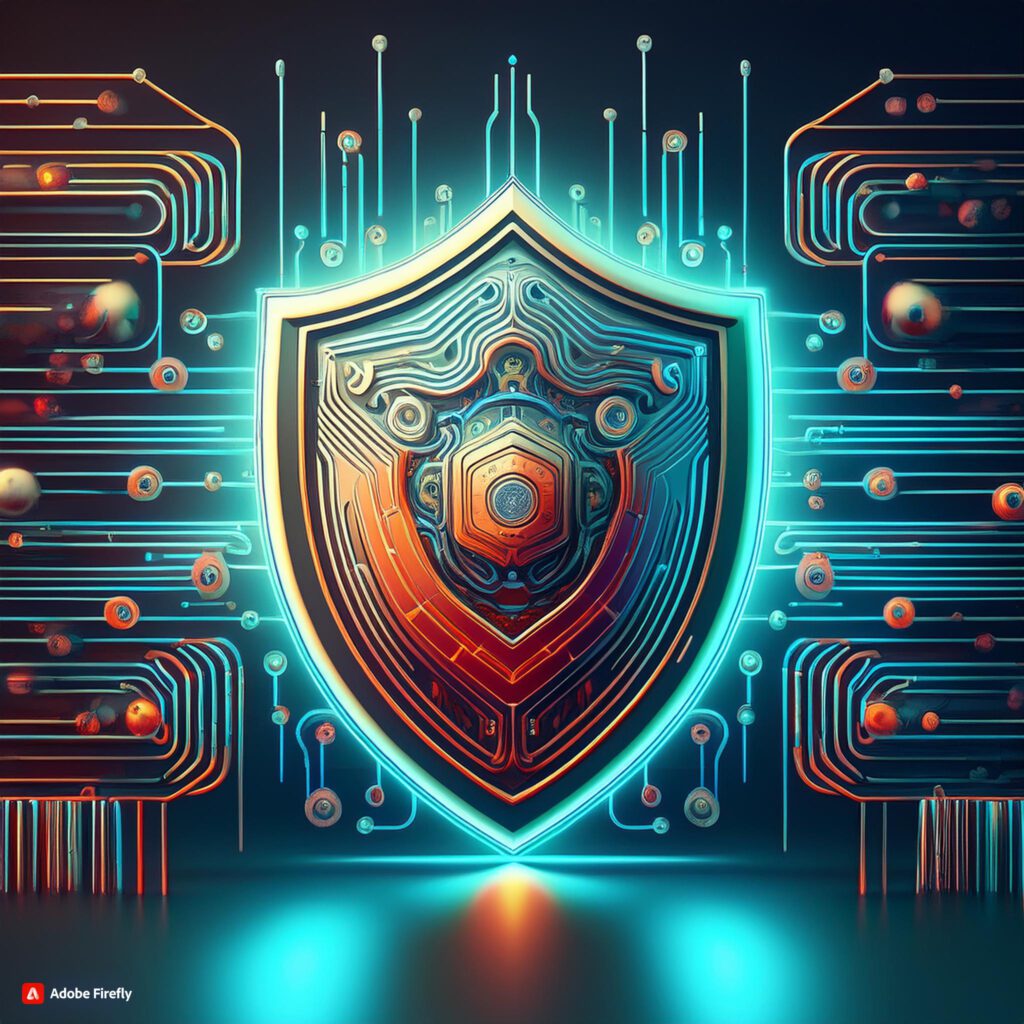In our hyper-connected world antivirus is a must, where almost every aspect of our lives intertwines with technology, ensuring our digital security is more important than ever. From our smartphones to our home computers, our data is a goldmine for cybercriminals, making antivirus software and robust security practices crucial in safeguarding our information. But with the constant evolution of cyber threats, how can we stay one step ahead?

The Basics of Antivirus Software
At its core, antivirus software is designed to detect, prevent, and remove malicious software, or malware, from your devices. Traditionally, this included viruses, worms, and Trojans. However, today’s threats are much more diverse, including ransomware, spyware, and adware, which can compromise your personal data and even hold it hostage.
Modern antivirus programs are more than just malware detectors. They offer a suite of features designed to enhance overall security. Real-time scanning, heuristic analysis, and behavior monitoring are just a few examples of how these tools have evolved. Real-time scanning ensures that files are checked as they are accessed, while heuristic analysis helps identify previously unknown threats by analyzing the behavior of programs. Behavior monitoring keeps an eye on your system’s activities, alerting you to any suspicious behavior.
Why Antivirus Alone Isn’t Enough
While having antivirus software is a good start, relying solely on it is like locking your front door but leaving the windows wide open. Cybersecurity involves a multi-layered approach. Here’s why:
- Human Error: Sometimes, the biggest threat isn’t a sophisticated hacker but rather a simple mistake. Clicking on a malicious link in an email or downloading an infected file can bypass your antivirus defenses. Regular training and awareness are key in mitigating these risks.
- Software Vulnerabilities: Even the best antivirus software can’t protect against vulnerabilities in operating systems or applications. Keeping your software up-to-date is crucial because updates often include patches for security vulnerabilities.
- Phishing Scams: Cybercriminals are becoming increasingly skilled at crafting convincing phishing emails that trick users into providing sensitive information. Even with the best antivirus, if you unknowingly hand over your credentials, your security can be compromised.
Beyond Antivirus: Best Practices for Digital Security
- Keep Software Updated: This might seem basic, but regular updates to your operating system, applications, and antivirus software are essential. Developers continuously work to fix security flaws, and installing these updates helps protect against new threats.
- Use Strong, Unique Passwords: Passwords are your first line of defense. Using a combination of letters, numbers, and special characters, and avoiding common passwords can significantly enhance your security. Consider using a password manager to keep track of complex passwords and avoid reusing the same one across different sites.
- Enable Two-Factor Authentication (2FA): This adds an extra layer of security by requiring a second form of verification in addition to your password. Even if someone manages to steal your password, they would still need the second factor to gain access.
- Be Cautious with Public Wi-Fi: Public networks are not secure, making it easy for attackers to intercept your data. If you need to use public Wi-Fi, consider using a Virtual Private Network (VPN) to encrypt your internet traffic and protect your personal information.
- Backup Your Data: Regular backups ensure that even if your data is compromised or lost, you have a copy to restore from. Cloud storage solutions and external hard drives are both viable options for backing up important files.
The Future of Antivirus and Security
As technology advances, so do the threats. The future of antivirus and digital security is likely to involve more sophisticated AI and machine learning technologies to predict and prevent attacks before they happen. However, the fundamental principles of maintaining good security practices—being vigilant, keeping software up-to-date, and using strong passwords—will remain just as crucial.
In the end, protecting your digital life is an ongoing process. By staying informed and adopting a proactive approach to security, you can better safeguard your personal information from the ever-evolving landscape of cyber threats. Remember, in the world of digital security, a little vigilance goes a long way.




